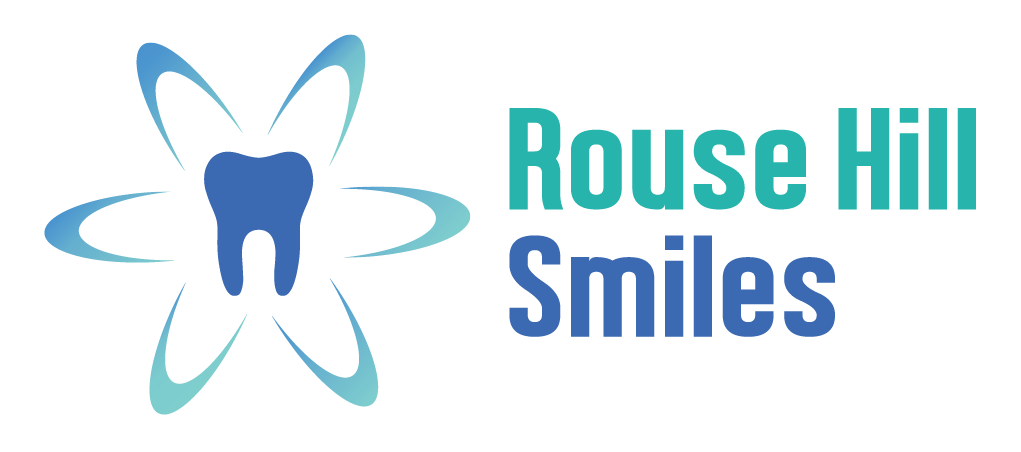Dental Health: 7 Things You Need to Know About Mouth Rinse
rousehill
28 October 2022
No Comments
Mouth rinse is a significant part of dental health that is often neglected. It has several benefits that help keep your teeth and gums healthy. Though it might not hold as much importance when compared with brushing, mouth rinse can help fight some general health issues such as cavity build-up. Irrespective of the benefits, there are some common myths about mouth rinses that need to be busted. To help you know more, we’ve got these 7 interesting facts about mouth rinse that you must be aware of!
1. Can’t Cure Bad Breath
Mouth rinse can surely help you fight bad breath, but it can’t completely cure it. Some of the main causes of bad breath can be related to the lungs or stomach and not your mouth.
Mouth rinse can be a temporary solution to bad breath and help you fight it up to a certain limit. We recommend visiting your dentist in case you’re having bad breath problems regularly as it might be a symptom of some bigger issue.
2. Fights Cavities
Regular mouth rinse can be highly effective for fighting cavities. A fluoride rinse can strengthen your enamel and remineralize your teeth resisting tooth decay. This is one of the most important reasons why dentists recommend mouth rinse as a part of your regular dental routine.
3. Helps Resist Gum Diseases
Though mouth rinse won’t cure bad breath, regular usage can help prevent other major dental issues. Mouth rinse can instantly kill bacteria that are formed on the teeth that have the potential to cause tooth decay if left untreated. It can also lead to major tooth infections and gum disease, further imposing the risk of losing a tooth. Mouth rinse can benefit your gums and prevent the development of tooth decay.
4. Can’t Replace Brushing
Mouth rinse can be highly beneficial as a part of your regular dental regime, but it can’t completely replace brushing. Brushing and flossing are major components of dental care and cannot be replaced or neglected at all. They are highly effective in removing food residue as well as plaque from your teeth and gums. Regular brushing ensures healthy teeth and gums preventing any major dental issues. Therefore, mouth rinse can work with brushing and flossing for your good oral health but can’t replace it.
5. Prevents Plaque Formation
Mouth rinse is an excellent way to rule out the build-up of plaque, but it won’t help you remove existing plaque on your teeth. This makes regular brushing and flossing an integral and irreplaceable part of your dental care. Mouth rinse can act as a protective guard for your teeth fighting against weakening enamel or cavities by preventing plaque build-up.
6. A Must for Pregnant Women
Severe oral health issues such as gum disease or tooth decay can impact women during pregnancy. These oral health issues can even add to pregnancy complications if left untreated. Regular mouth rinse along with brushing and flossing can prevent all these problems. Keeping the baby’s health in mind, it is important for pregnant women to take proper care of their oral health as well!
7. Mouth Rinse Duration
Mouth rinse can sting if in contact with the teeth for a long time due to the alcohol content. Still, it’s important to note that for effective results, it needs to be in contact with your teeth for at least 30 seconds. Read the instructions carefully and if you face any further issues, make sure to discuss them with your dentist. This will make sure that you’re using mouth rinse properly and assure visible results.
Choose yours!
Mouthwash (or mouth rinse) is available in different types based on their purpose. Antibacterial mouthwash is commonly used to control bad breath and fight plaque. A fluoride rinse is ideal for people who don’t drink fluoridated water. It can help prevent gum disease and tooth decay. Prescription strength rinses are also available for people suffering from gingivitis and gum diseases. You can have a chat with your dentist about which mouthwash suits the best for your needs.
Mouth Rinsing: How to Do it?
As we’ve already discussed, mouth rinse can be highly beneficial to promote your dental health if done twice a day. To ensure you do it the right way for the most effective results, here’s a simple guide on the best mouth rinsing technique.
- Pour 20 ml (approx. 4 teaspoons) of mouthwash into a cup
- Empty the cup into your mouth but do not dilute the solution with water
- Swish the solution for a full 30 seconds in your mouth.
- In case you find it difficult for the first time, there’s no need to worry! It gets easier over time.
- Swishing implies moving the solution in your mouth from one cheek to the other.
- Once done, spit the solution out in the sink. Avoid swallowing the solution in any case.
Conclusion
Mouth rinse can be an excellent solution for preventing some major oral health issues. Regular usage along with brushing and flossing helps you have healthy gums and teeth. In case you’re facing any issues while using a mouth rinse, it is always better to consult with your dentist about the same.
In this article we busted some of the most common myths related to mouth rinse and covered valuable information about how mouth rinse can help you deal with several oral health issues.
Need professional guidance over which mouthwash to choose? In case you have any questions or thinking of getting a regular dental checkup, Rouse Hill Smiles has got you covered! From general cleanings to professional dental care, they offer a wide range of dental health expertise for your teeth.
Get an appointment today! Visit: https://www.rousehillsmilesdentalcare.com.au/ for more information.
Our Principal Dentist
Dr. Teena and the Rouse Hill Smiles team are dedicated to providing patients of all ages with the highest quality of care.

Dr. Teena Bali
Dentist
Quick Contacts
- Rouse Hill Plaza G07-G08, 2-4 Aberdour Avenue Rouse Hill, NSW 2155
- enquiries@rousehillsmilesdentalcare.com.au
- (02) 8320 0548








Leave a Reply
You must be logged in to post a comment.